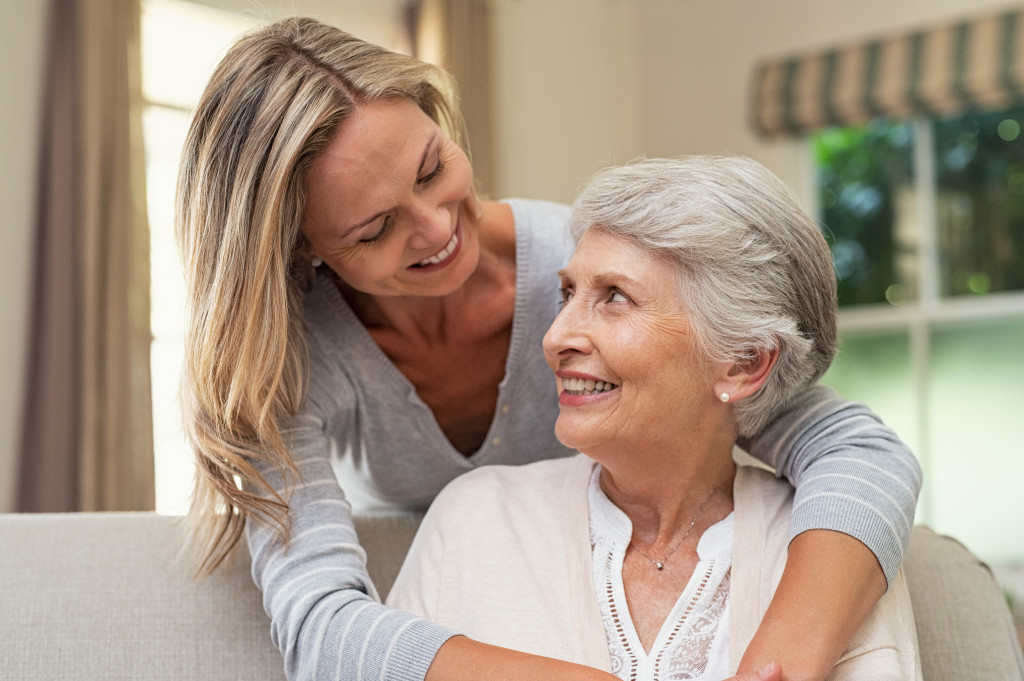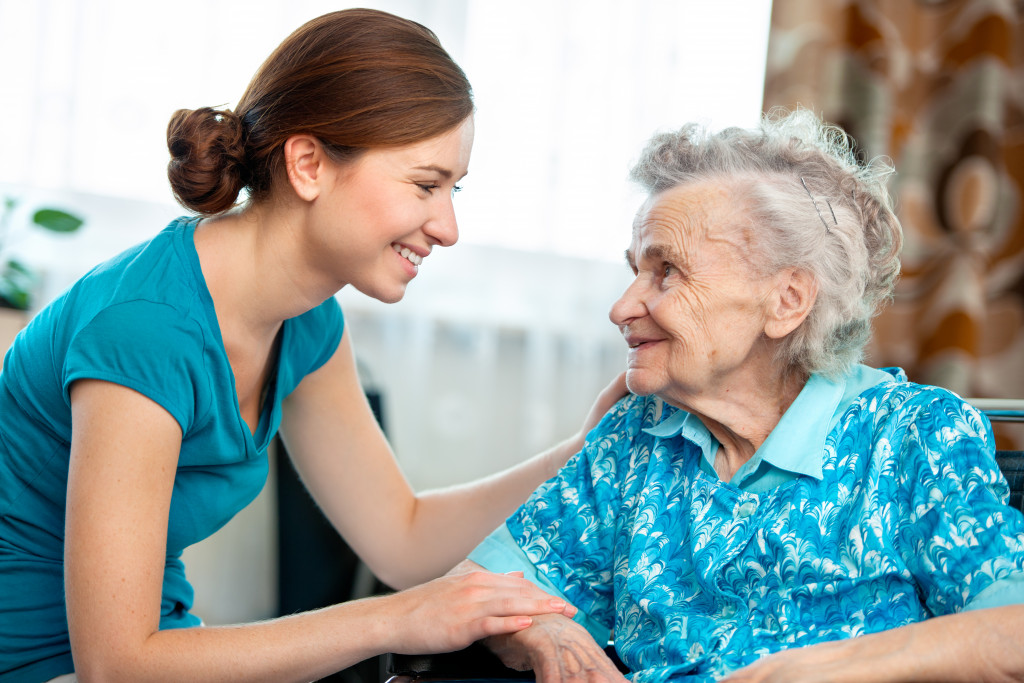- Mental health issues are common in older adults, and signs of depression and anxiety in seniors include feeling sad, trouble sleeping, and excessive worrying.
- Emotional support is crucial in helping older adults manage their mental health issues.
- Seek professional help from mental health professionals, hospice nurses, caregivers, or physical therapists.
- Positive reinforcement, adequate caregiver support, and identifying roles are essential in managing mental health issues in seniors.
With increasing age comes various physical and mental health challenges. While physical issues can often be seen and treated, mental health issues often go unnoticed or ignored. Unfortunately, these issues in older adults are common, and it is estimated that about 6 million people over the age of 65 in America suffer from depression. As a result, it’s crucial to identify and help elderly family members struggling with mental health issues. Here are some of the best ways to support them.
Identifying the Signs
Many elderly family members may not discuss their mental health issues, and it’s up to their family members to identify the signs. Some common symptoms of depression in older adults include feeling sad or empty, trouble sleeping, loss of interest in hobbies or social activities, weight loss or gain, and impaired cognitive function.
On the other hand, anxiety symptoms may include excessive worrying, restlessness, trembling, and difficulty concentrating. Identifying these signs can be challenging, as they often overlap with physical symptoms associated with aging.
If possible, talk to the elderly family member directly. Ask how they are feeling and if there is anything that is worrying them. Make sure you create a safe, non-judgmental environment where your family member feels comfortable talking about their feelings.
Providing Emotional Support
Once you’ve identified the signs of mental health issues in elderly family members, provide them with emotional support. Listen to their feelings and concerns and offer practical help.
Encourage them to participate in social activities or hobbies, which can help them feel better. Also, be aware of the medications they are taking as some may have a negative effect on their mood; consult with their doctors if you notice any sudden mood changes.
Lastly, encourage your elderly family member to take small but positive steps towards managing their mental health illness. As they progress, offer praise and positive reinforcement. Those small steps may include taking their medication as recommended, engaging in social activities, sleeping better, or even going for a walk each day. Positive reinforcement can help to create a sense of accomplishment and improve their self-esteem.
Professional Help
Seek professional help if the signs of the mental health issue are severe or persistent. Such conditions may require specialized care and medication. Here are some professionals to tap:
Mental Health Professionals
Mental health professionals are trained to identify and treat mental illnesses in older adults; therefore, consulting with them is always recommended. Additionally, the therapist or counselor can help elderly family members manage their conditions, develop healthy coping mechanisms, and learn to lead a healthy, independent life.
Hospice Nurse
If the elderly family member is suffering from a terminal illness, seek help from a reliable hospice nurse. The nurse can provide additional support and information on how to manage the condition while giving comfort to the patient. They can also give emotional support to the family, which can be crucial during these difficult times.
Caregiver Support
Sometimes, the carers of elderly adults can also be affected by the mental health issues of their elderly family members. Caregivers may suffer from emotional exhaustion, burnout, and anxiety, making it harder to provide care effectively.
To help the caregiver and the elderly family member, it is necessary to ensure adequate caregiver support. Identify their role, provide training where required, offer respite care, or seek the help of a professional caregiver if needed.
Physical Therapist
In cases where physical health issues are contributing to the mental health illness of elderly family members, seek help from a qualified physical therapist. They can help with mobility or rehabilitation needs and provide advice on how to manage pain or other conditions.
For example, if the elderly family member has limited mobility, the physical therapist can help them to become more active. This will not only improve their physical health but also boost their mental and emotional well-being.
Mental health issues can be debilitating for older adults, but thankfully they can be managed with appropriate support and treatment. Identifying the signs, providing emotional support, seeking professional help, ensuring caregiver support and positive reinforcement can all help provide elderly family members with the necessary support they need to manage their mental health issues. By being there for them both emotionally and physically, you can make a significant difference in their quality of life. Remember to always provide the necessary support and have patience as they navigate this sensitive and challenging phase of their life.


